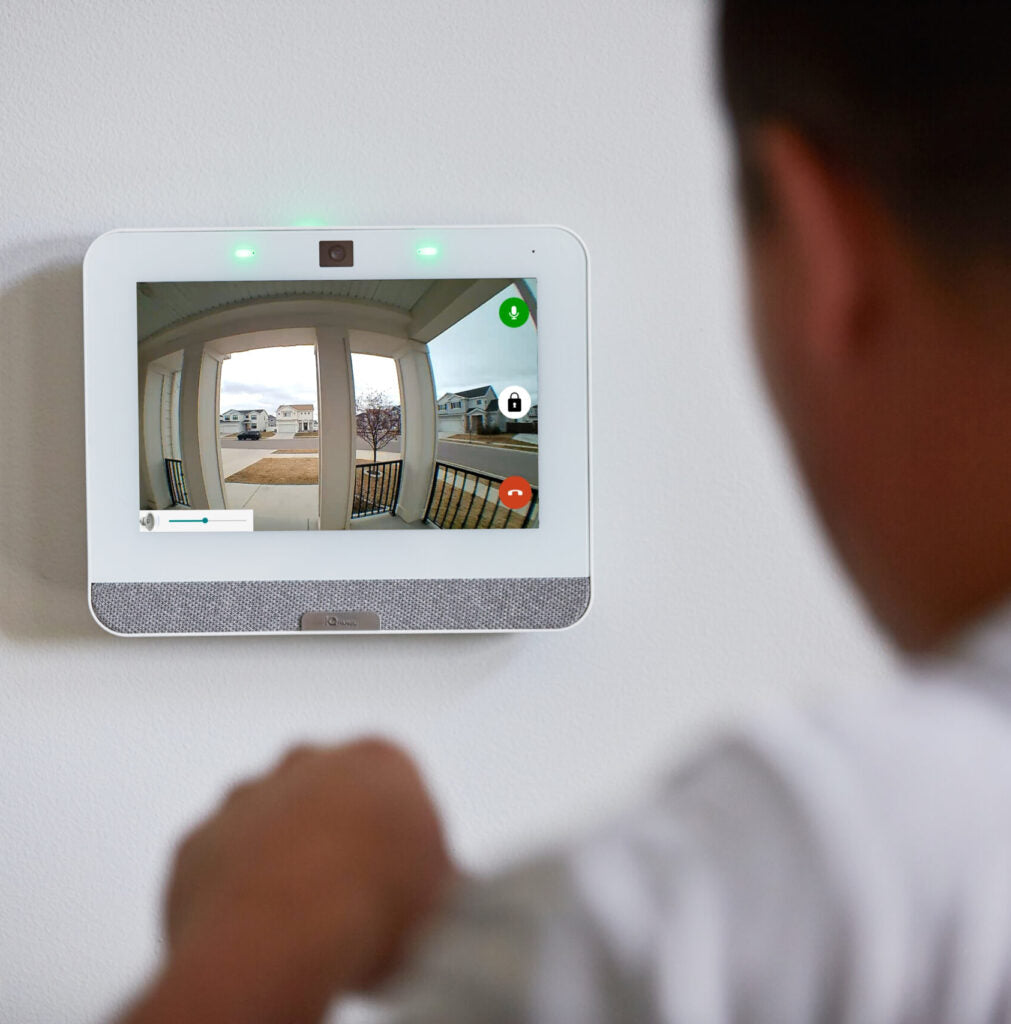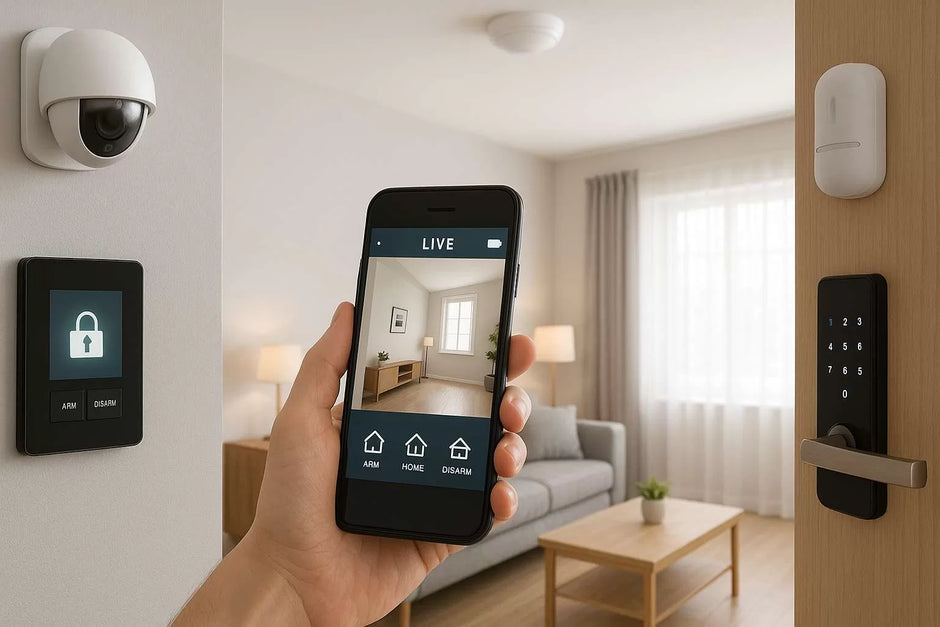Leaving your child home alone, even for a short period, can be a nerve-wracking decision. Whether you're stepping out for groceries or working late, their safety is always the top priority. Here are practical tips to help ensure your child's safety and give you peace of mind while you're away.
✅ 1. Know the Right Age
Every child matures differently. Most experts agree that children under 12 should not be left home alone. However, maturity, comfort level, and the length of time you’ll be gone all factor into the decision. Start with short periods and build up from there.
🔐 2. Set Clear Rules and Boundaries
Before leaving, go over what’s allowed and what’s not:
-
No opening the door for strangers.
-
No cooking or using sharp tools unless they're ready.
-
No inviting friends over unless previously approved.
-
Limit screen time if necessary.
Write these rules down or post them somewhere visible.
📞 3. Make Emergency Contacts Easily Accessible
Create a list of emergency phone numbers:
-
Your number
-
A trusted neighbor or nearby relative
-
Police, fire, and poison control
Make sure your child knows how and when to call each one.
💬 4. Check In Regularly
Set a routine for check-ins. You can call, text, or video chat at set times. You can also use apps that let you monitor your child’s activity discreetly, but always be transparent if you’re doing so.
🧠 5. Teach Them Basic Safety Skills
Ensure your child knows:
-
How to lock and unlock doors and windows.
-
What to do if the smoke alarm goes off.
-
Where to go if there's a fire or emergency.
-
Basic first-aid and how to use it.
🛑 6. Avoid Social Media Sharing
Let your kids know not to post on social media that they’re home alone. This can be a security risk, especially if accounts are public.
📺 7. Use Technology to Your Advantage
Smart home devices can be a huge help:
-
Cameras to monitor the house.
-
Doorbell cameras to see who's at the door.
-
Smart locks so you can control access remotely.
👥 8. Have a Safety Drill
Do a run-through of different scenarios:
-
What if the power goes out?
-
What if someone knocks?
-
What if they hear strange noises?
Practicing helps reduce panic in real situations.
Final Thoughts
Leaving your child home alone is a big step—for both of you. With the right preparation, clear rules, and open communication, it can also be an empowering experience that builds confidence and independence.








